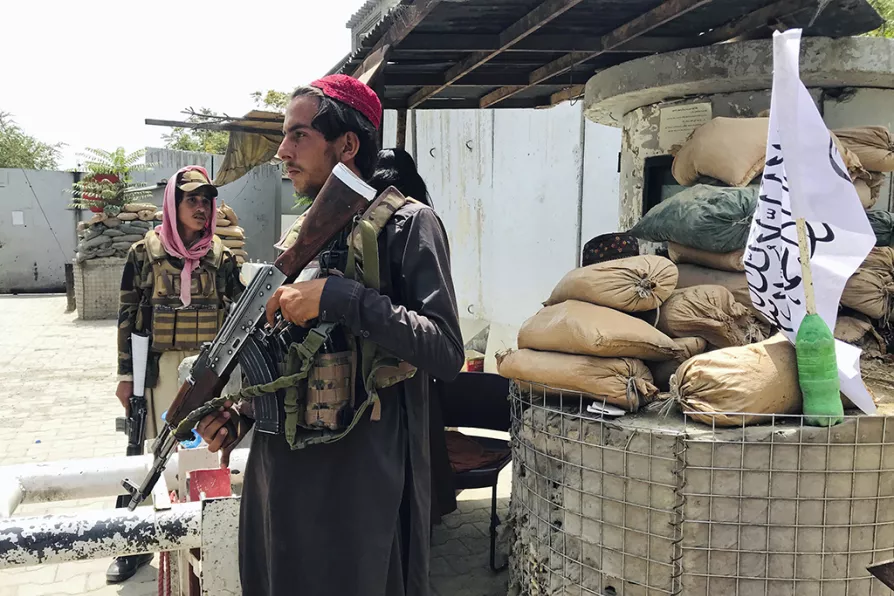Channel 4’s Dirty Business shows why private companies cannot be trusted with vital services like water, says PAUL DONOVAN

 Taliban fighters stand guard at a checkpoint near the US embassy that was previously manned by US troops
Taliban fighters stand guard at a checkpoint near the US embassy that was previously manned by US troops
THE fall of Kabul, on Sunday August 15 2021, has all but completed the sweeping back to power of the Taliban in Afghanistan two decades on from their ousting in the wake of the September 11 terrorist attacks. This is a tragedy for the long-suffering people of Afghanistan. It also lays bare the rotten nature of Western foreign policy there over the past 40 years, and the meaninglessness of the project undertaken in that country over the last 20 years.
The arming and supporting of Islamist mojahedin insurgents by the US, Saudi Arabia and Pakistan from the late 1970s onwards, undermined the Saur (April) Revolution of 1978 and then the government of the People’s Democratic Party of Afghanistan (PDPA), and laid the roots from which grew a plethora of reactionary jihadist groups in the country and the wider region.
These jihadist groups were violently opposed to the progressive policies of the PDPA government that sought to build a modern society oriented towards the eradication of poverty and the pillars of the feudalist past in the country. These Western-backed reactionary elements have been hostile to any notion of human and democratic rights as enshrined in the UN Universal Declaration of Human Rights or their application to the people of Afghanistan, in particular towards women and children.














